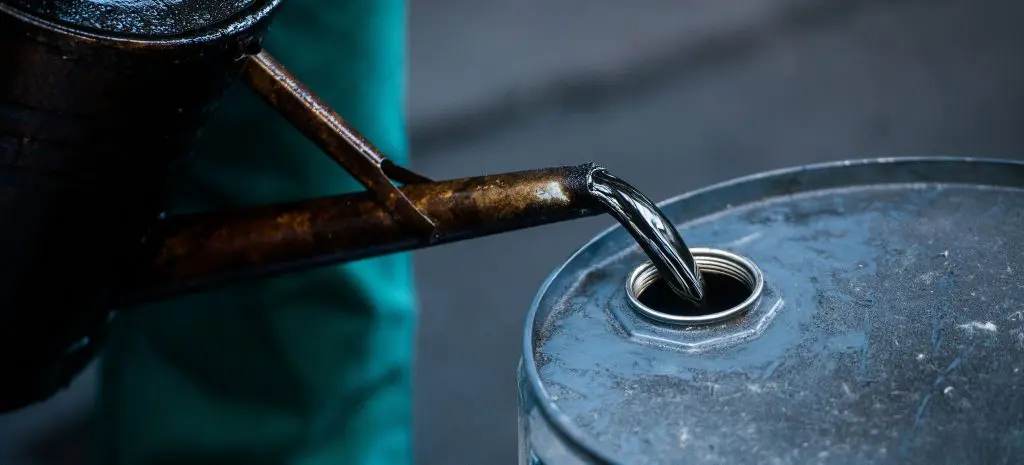Nigeria’s petroleum products import from Malta surged to N766.81 billion in the third quarter of 2024, despite the operational status of the Dangote Refinery.
This notable increase was highlighted in the latest trade data released by the National Bureau of Statistics (NBS).
The analysis revealed that imports from Malta were among the top five for Q3, including motor spirit ordinary, gas oil, durum wheat, cane sugar meant for sugar refineries, and used vehicles with diesel or semi-diesel engines of large cylinder capacity.
The report stated: “Analysis by trading partners reveals that imports from China were valued at N3,574.79 billion, representing 24.36 percent of total imports. This was followed by imports from India with N1,662.68 billion (11.33 percent of total imports), Belgium with N1,632.89 billion or 11.13 percent of total imports, the United States of America with goods valued at N1,024.44 billion (6.98 percent of total imports), and goods from Malta valued at N766.81 billion or 5.23 percent of total imports.”
The increased import activity from Malta is particularly striking, given that Nigeria recorded zero imports from Malta in the first two quarters of 2024. However, by Q3 2024, imports from Malta constituted 5.23% of Nigeria’s total imports of N14.67 trillion.
This development comes despite the recent launch of Dangote Petrol in the Nigerian market on September 15, 2024, with the Nigerian National Petroleum Company Limited (NNPCL) as the sole off-taker.
Earlier this year, Aliko Dangote, the president of Dangote Refinery, raised concerns that some officials of NNPCL and oil traders own blending plants in Malta, importing substandard products into Nigeria.
He stated, “Some of the terminals, some of the NNPC people, and some traders have opened blending plants somewhere off Malta. We all know these areas. We know what they are doing.”
However, NNPCL Group Chief Executive Officer, Mele Kyari, refuted these claims, saying, “To clarify the allegations regarding the blending plant, I do not own or operate any business directly or by proxy anywhere in the world except a local mini Agric venture. Neither am I aware of any employee of the NNPC that owns or operates a blending plant in Malta or anywhere else in the world.”
According to the NBS, Nigeria’s petroleum products imports from Malta increased by 342 percent in 2023, amounting to $2.08 billion in Q3 2023. This raises questions about why NNPCL would favor imported products over those from Dangote Refinery.
Despite this, agreements between Dangote Refinery, Independent Petroleum Marketers Association of Nigeria, and other marketers seem to be reducing the country’s dependence on imported petroleum.
Nigeria expects the upcoming Port Harcourt refinery to further reduce its reliance on imports, thus bolstering its energy security.
Get instant and latest news updates via Our WhatsApp Community, X/Twitter or Google News online channel


